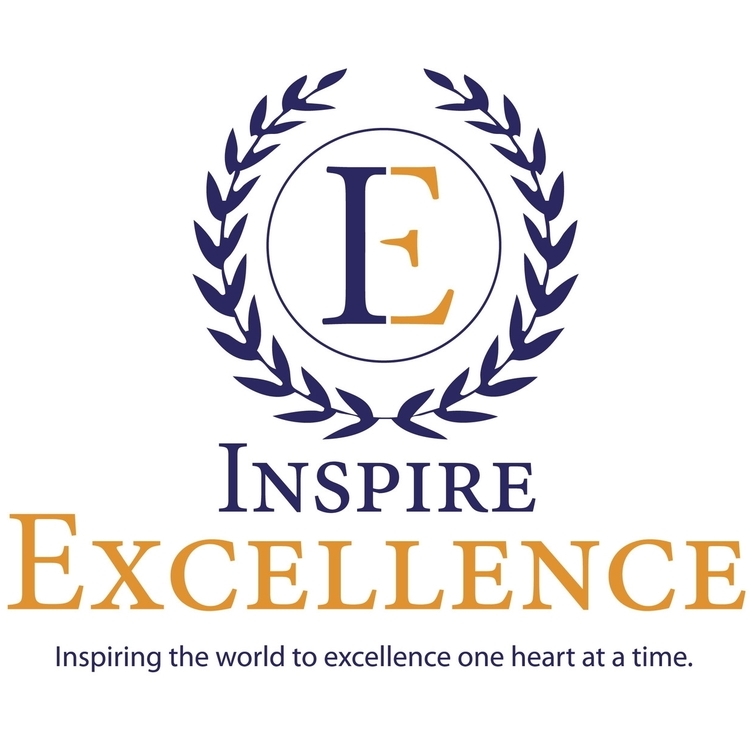Phones off, No distractions. Try it once a day. Total time for the steps is 25 minutes.
5-7 deep breaths. Feet on the floor. Shoulders relaxing.
Being Completely Quiet for 5-6 minutes: This is more difficult than you think. This is a time of letting the things of your mind subside, the lists and even ideas of what needs to be done let them go. If you can work up to 10 minutes that is healthy and good.
These next steps take 3 - 5 minutes each
First question: What am I most concerned about in this moment? What am I most joyful about in this moment? What am thankful for in this moment?
Write down, pen and paper, no phone, any answers or ideas as to what needs to be done to move the concerned to a place of peace or an ok-ness for you. If there is nothing, that's fine. Write down what comes to mind about joyful and thankful.
Ask what needs my attention? Listen for the answers and write them down, even if it do not make sense. Put away the paper.
Breathe 5-7 more times. Read your answers right away, and then later that day.

